フォーチュンマガジンに載る。
In those days, it was extremely rare for a foreign person to work full-time in a large Japanese company. Because of the language, corporate culture and business style, there seemed to be little value. In my case, I was one of a growing number of people taking this career path. It was so rare that along with four other people, I was interview for an article in FORTUNE MAGAZINE. It was in the July 12, 1982 issue. I am still in close contact with one of those people today.
Even in those days, Isuzu Motors was in financial difficulties and had a debt to equity ratio of 85% to 15%. Also, its working capital (current assets to current liabilities) was mostly in the red. Simply, they lived off of bank borrowing. As there were a lot of land and other long-term assets that were heavily undervalued on the books, the banks were always willing to continue to lend to Isuzu.
Most of the shareholders were institutional investors, like GM. Their main concern was related to working with Isuzu more than Isuzu’s profit making. The banks wanted to lend. The trading companies wanted to process overseas sales and lend short-term. GM wanted cheap and good vehicles, which they could not produce themselves. The financial health of Isuzu Motors was a minor concern to almost of the major shareholders. When the company did lose a great deal of money during a business term or because of a product failed, no one at the top management level would be held responsible. There was always a reason other than bad management decisions. That lack of attention and accountability is one of several reasons the company continued to deteriorate during my 21 years in the company.
From the job interview and throughout my career in Isuzu Motors, I had always been able to get agreement on proposals if I said I could do it cheaper than the way it is currently done. There was always a cost cutting program in place, and that got attention.
During the job interview, I said I would bring all language training programs in-house. I would hire teachers directly and set up an in-house testing system. That alone saved millions of Japanese Yen per year. No one was interested in improvements, only how to do the same thing cheaper.
Ronさんのセミナーいかがですか。苦労の多かったRon-sanの青春時代やキャリア形成の話、来日後、特に、いすゞ自動車勤務でのカルチャーショックとグローバルリーダーとしての活躍など。それとRonさんが楽しみにしている出席者と皆さんとのノミニケーション。今の時期だと花見
皆さんがおやりになっている勉強会などに出張し講演させていただきます。
ただし、Ronさんが住んでいる東京都大田区から日帰りできるところとさせてください。
もっとも台湾でも日帰りは可能ですが。
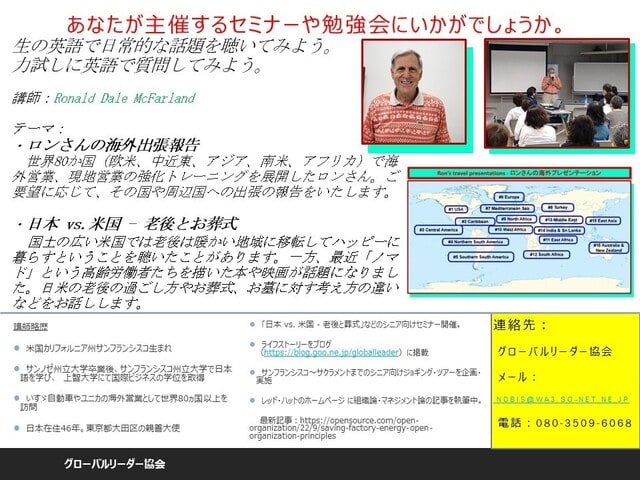
<仕事に疲れたら『武蔵野』でコトリップ(『武蔵野』リイド社、斎藤潤一郎著)>
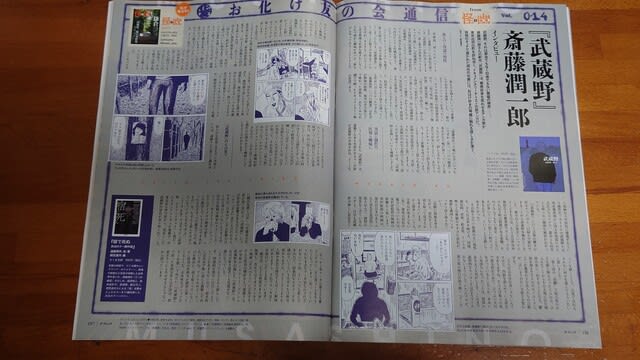
In those days, it was extremely rare for a foreign person to work full-time in a large Japanese company. Because of the language, corporate culture and business style, there seemed to be little value. In my case, I was one of a growing number of people taking this career path. It was so rare that along with four other people, I was interview for an article in FORTUNE MAGAZINE. It was in the July 12, 1982 issue. I am still in close contact with one of those people today.
Even in those days, Isuzu Motors was in financial difficulties and had a debt to equity ratio of 85% to 15%. Also, its working capital (current assets to current liabilities) was mostly in the red. Simply, they lived off of bank borrowing. As there were a lot of land and other long-term assets that were heavily undervalued on the books, the banks were always willing to continue to lend to Isuzu.
Most of the shareholders were institutional investors, like GM. Their main concern was related to working with Isuzu more than Isuzu’s profit making. The banks wanted to lend. The trading companies wanted to process overseas sales and lend short-term. GM wanted cheap and good vehicles, which they could not produce themselves. The financial health of Isuzu Motors was a minor concern to almost of the major shareholders. When the company did lose a great deal of money during a business term or because of a product failed, no one at the top management level would be held responsible. There was always a reason other than bad management decisions. That lack of attention and accountability is one of several reasons the company continued to deteriorate during my 21 years in the company.
From the job interview and throughout my career in Isuzu Motors, I had always been able to get agreement on proposals if I said I could do it cheaper than the way it is currently done. There was always a cost cutting program in place, and that got attention.
During the job interview, I said I would bring all language training programs in-house. I would hire teachers directly and set up an in-house testing system. That alone saved millions of Japanese Yen per year. No one was interested in improvements, only how to do the same thing cheaper.
Ronさんのセミナーいかがですか。苦労の多かったRon-sanの青春時代やキャリア形成の話、来日後、特に、いすゞ自動車勤務でのカルチャーショックとグローバルリーダーとしての活躍など。それとRonさんが楽しみにしている出席者と皆さんとのノミニケーション。今の時期だと花見
皆さんがおやりになっている勉強会などに出張し講演させていただきます。
ただし、Ronさんが住んでいる東京都大田区から日帰りできるところとさせてください。
もっとも台湾でも日帰りは可能ですが。

<仕事に疲れたら『武蔵野』でコトリップ(『武蔵野』リイド社、斎藤潤一郎著)>
















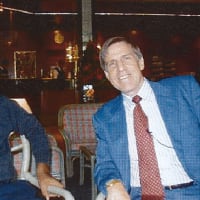
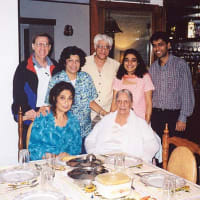
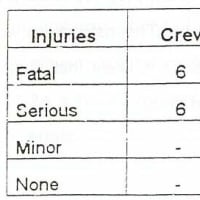
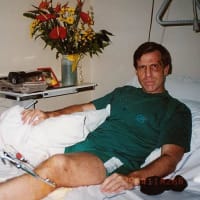
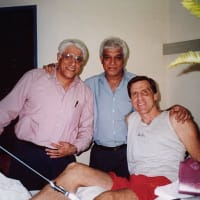
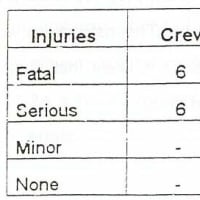
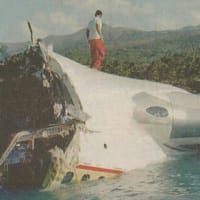






※コメント投稿者のブログIDはブログ作成者のみに通知されます